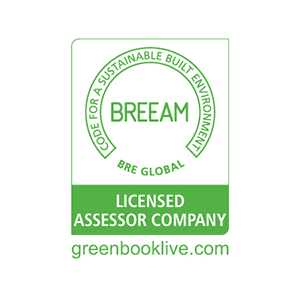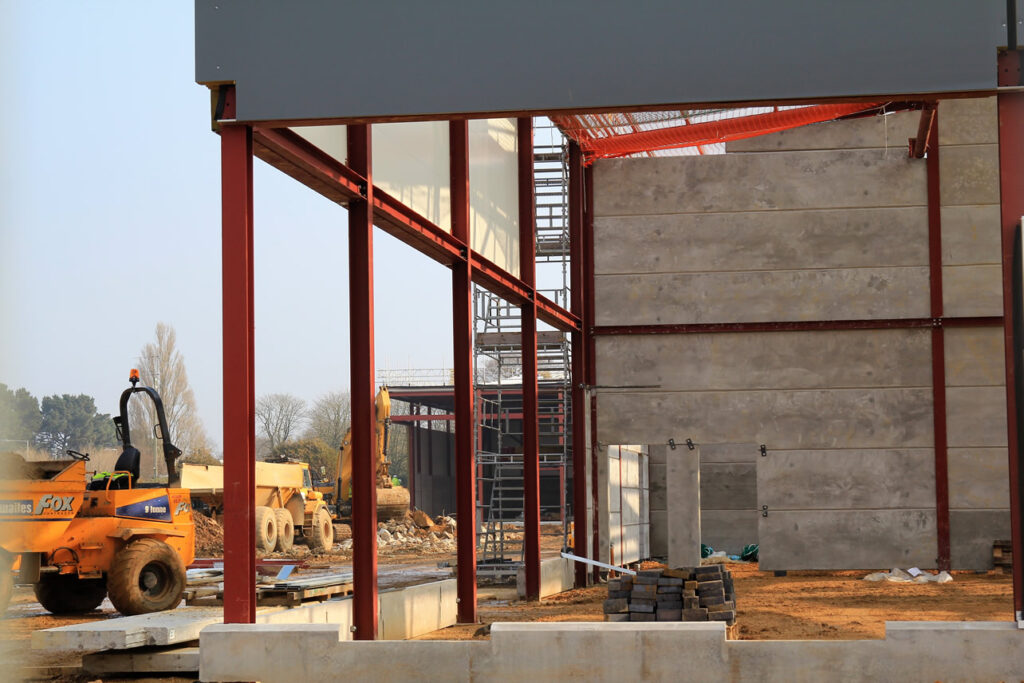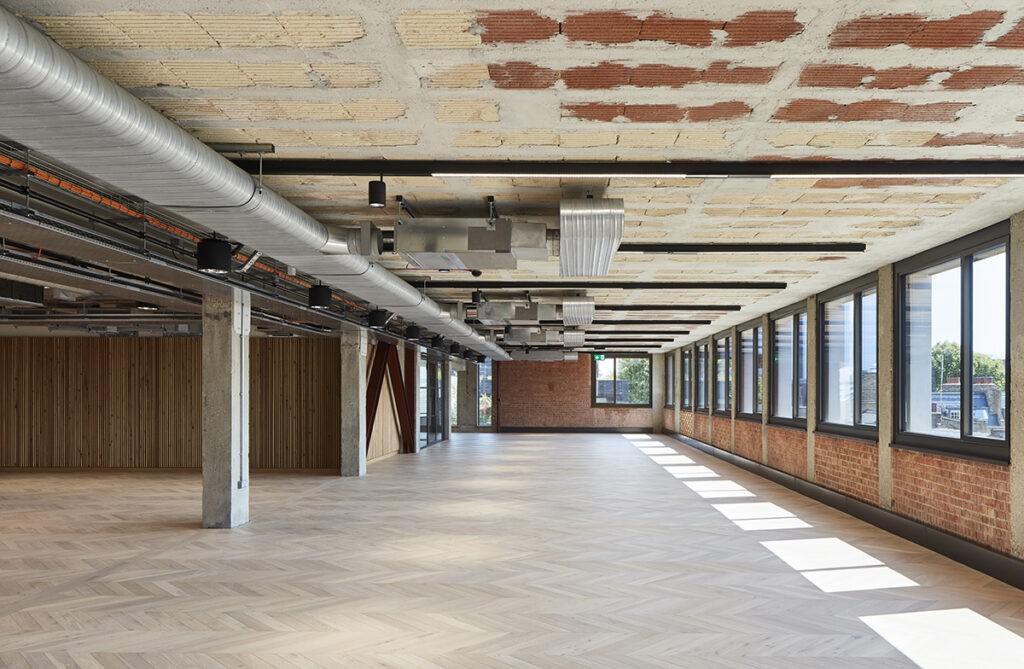 Life Cycle Assessment (LCA) is a crucial tool for evaluating the environmental impact of buildings, materials, and construction methods.
Life Cycle Assessment (LCA) is a crucial tool for evaluating the environmental impact of buildings, materials, and construction methods.
Traditional assessment methods focus on operational carbon—the emissions produced by a building during its use. LCA goes further and examines embodied carbon, which includes the hidden emissions generated throughout a building’s lifecycle. These include raw material extraction and manufacturing to usage and disposal.
Why Life Cycle Assessment Is Essential
Incorporating LCA is crucial for evaluating the full environmental impact of buildings across their entire lifecycle. The LCA process thoroughly analyses every stage, from raw material extraction and construction processes to operational energy use and eventual demolition or recycling. This comprehensive approach uncovers the hidden environmental impacts and inefficiencies unique to each project.
For businesses and public sector clients in the UK, LCA provides valuable insights into adopting more sustainable building practices. It enables informed decision-making that reduces waste, optimises resource use, and lowers carbon emissions. This aligns with both sustainability goals and regulatory requirements.
Moreover, LCA plays a critical role in achieving certifications like BREEAM. It supplies the necessary data to demonstrate a building’s environmental performance, enhancing its sustainability credentials and contributing to the UK’s broader sustainability objectives.
Life Cycle Assessment’s Role in BREEAM Certification
The BREEAM UK New Construction 2018 guidelines emphasise the importance of LCA. The new credits related to low-carbon materials and the assessment of operational energy and water use. Specifically, the Mat 01 credit requires technical teams to conduct an LCA to ensure a comprehensive evaluation of a building’s environmental impact.
For projects aiming for BREEAM certification, conducting an LCA at the appropriate stages can contribute up to 10% of the total credits, making it a crucial part of the certification process.
Our Life Cycle Assessment Process
At Build Energy, we specialise in conducting Life Cycle Assessments, particularly for projects targeting BREEAM certification. Our team guides you through the entire process, handling all necessary reports and calculations to meet BREEAM requirements.
Using approved software tools, we help you secure early credits during the concept design and pre-planning stages and revisit the LCA at the technical design stage. We also collaborate with your team to explore material substitutions that can reduce embodied carbon emissions.
can reduce embodied carbon emissions.
BREEAM credits under the Mat 01 section are awarded as follows:
- Concept Design: Up to five credits and one exemplary credit are available
- Technical Design: Up to two credits and one exemplary credit are available
- Additional Credit: For aligning Life Cycle Costing (LCC) with Life Cycle Assessment
The Phases of Life Cycle Assessment
The LCA process includes four main phases:
1. Goal and Scope Definition
This phase sets the objectives and boundaries of the assessment. It defines which aspects of the product or construction method will be evaluated and determines the lifecycle stages to include, ensuring the assessment remains focused and relevant.
2. Inventory Analysis
In this phase, we collect data on the inputs and outputs of the product or construction method. This includes information on material and energy use, as well as emissions throughout each lifecycle stage, providing the foundation for the assessment.
3. Impact Assessment
Here, we evaluate the environmental impacts based on the gathered data. We assess various categories such as resource depletion, greenhouse gas emissions, water usage, and waste generation, helping to quantify the product’s or method’s overall environmental footprint.
4. Interpretation
In the final phase, we review and analyse the results to draw conclusions about environmental performance. This step involves understanding the implications of the findings, identifying areas for improvement, and making recommendations to reduce environmental impacts.
Benefits of Life Cycle Assessment
LCA provides several key benefits for building projects:
- Identifying Environmental Improvement Opportunities: LCA helps pinpoint stages in a building’s lifecycle with the highest environmental impacts. This enables stakeholders to target areas for improvement, such as choosing more sustainable materials or refining construction methods to reduce overall environmental impact.
- Comparing Options: LCA allows for the comparison of different design choices, materials, and processes. By evaluating the environmental impacts of each option, decision-makers can select the most sustainable alternatives, ensuring that the chosen solution offers the best environmental performance.
- Meeting Regulatory Requirements: In the UK, LCA is often required for compliance with regulations and certification schemes like BREEAM. Conducting an LCA ensures adherence to these requirements, helps avoid penalties, and demonstrates a commitment to environmental sustainability, therefore enhancing the project’s green credentials.

The Growing Importance of Life Cycle Assessment in the UK
In the UK, LCA is increasingly adopted by developers and designers being driven by the demand for sustainable buildings. As mentioned earlier, BREEAM, which is the most widely used rating scheme in the UK, incorporates LCA into its criteria.
Additionally, local authorities like the Greater London Authority (GLA) are leading the charge amongst planning authorities.
The GLA encourages Whole Life Carbon Assessments for major developments and mandates them for referable schemes. This ensures developers are considering both embodied and operational carbon emissions.
The Green Building Council’s Net Zero Whole Life Carbon Roadmap provides a clear trajectory for the industry and government towards a net zero future.
Partner with Build Energy for Your Project
Ready to integrate LCA into your project? We have vast experience in the assessment process and can help you maximise credits within BREEAM projects. Contact us today at on 0330 055 34 05 or email us at be@buildenergy.co.uk. Our expert consultants are here to help you achieve your sustainability goals and secure essential BREEAM credits.
